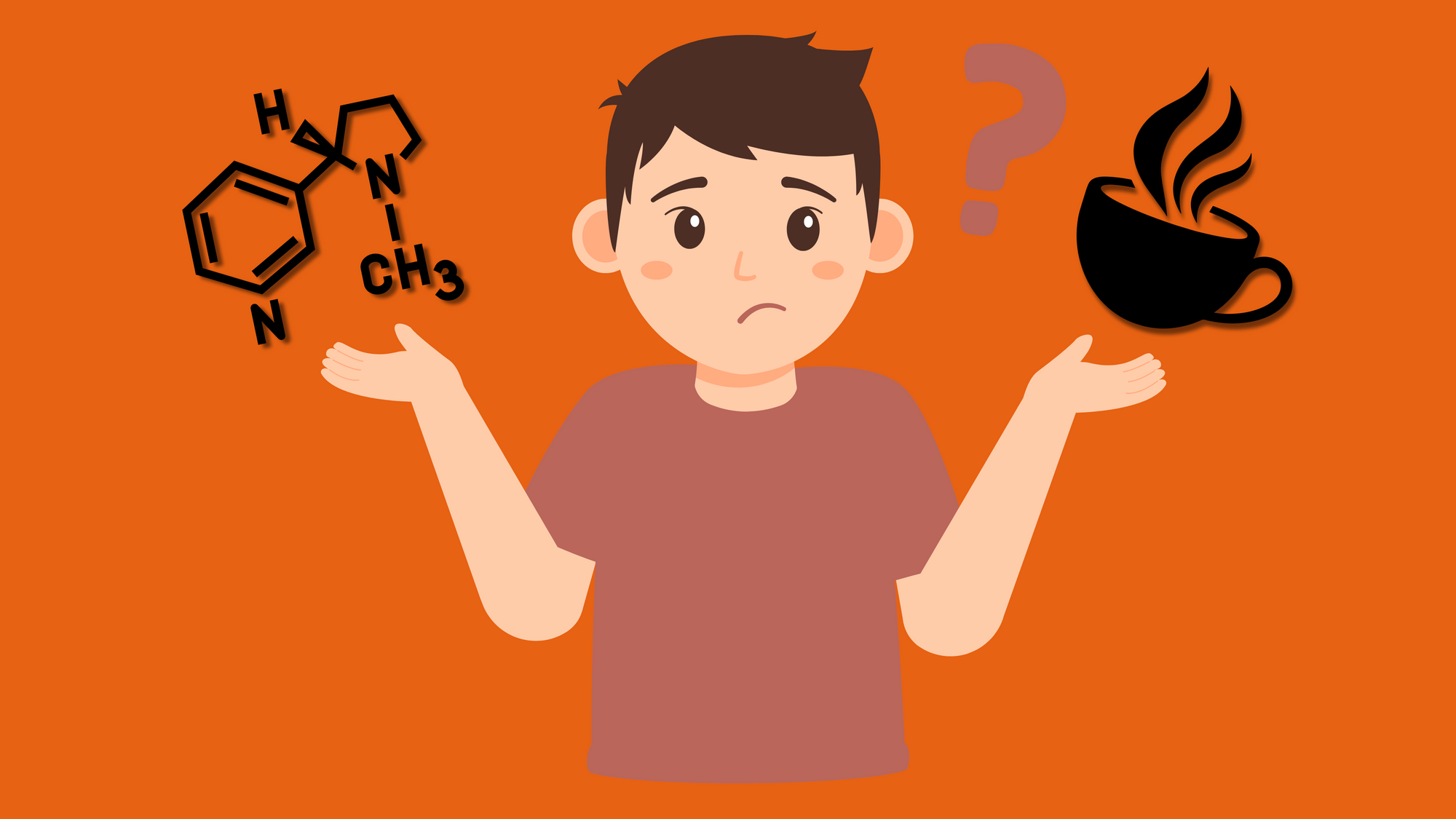

Nicotine is No worse than a cup of coffee
In recent years, there's been a growing misconception surrounding nicotine and its perceived harm to health. Many individuals believe that nicotine, found in cigarettes and vaping products, poses significant risks to their well-being. However, recent studies have shed light on the truth, revealing that nicotine may not be as harmful as commonly thought, especially when compared to other everyday substances like caffeine.
A recent study found that a staggering 9 out of 10 people falsely believe nicotine to be highly detrimental to their health. This misconception stems largely from the association of nicotine with smoking and vaping, both of which involve the inhalation of various harmful chemicals and toxins along with nicotine. However, it's crucial to differentiate between nicotine itself and the delivery methods through which it is consumed.
Nicotine, when separated from the harmful substances found in tobacco smoke, bears a much lower risk profile. In fact, a study highlighted by Sky News in August 2015 emphasized this point, suggesting that nicotine alone may be no more harmful than your morning cup of coffee. This revelation challenges the common perception of nicotine as a dangerous substance.
Like caffeine, nicotine is a stimulant that affects the central nervous system, providing a temporary boost in alertness, mood, and cognitive function. When consumed in moderation and through safer delivery methods such as nicotine pouches like BUZZ, the risks associated with nicotine are minimal.
Furthermore, research has shown that nicotine may even have potential benefits in certain contexts. Studies have suggested that nicotine may have cognitive-enhancing effects, potentially aiding in memory and concentration. Additionally, some researchers are exploring the therapeutic potential of nicotine in treating neurological disorders such as Parkinson's disease and Alzheimer's disease.
However, it's essential to emphasize that while nicotine itself may not be as harmful as commonly believed, the same cannot be said for smoking or vaping. The dangers associated with tobacco smoke and the multitude of toxins present in e-cigarette aerosols are well-documented and pose significant health risks, including cardiovascular disease, respiratory issues, and cancer.
In conclusion, it's time to debunk the myth surrounding nicotine and recognize it for what it truly is: a stimulant that, when consumed responsibly and through safer means like nicotine pouches such as BUZZ, may carry minimal risks to health. By understanding the distinction between nicotine and its delivery methods, we can foster more informed attitudes towards nicotine use and contribute to healthier choices for ourselves and our communities.





